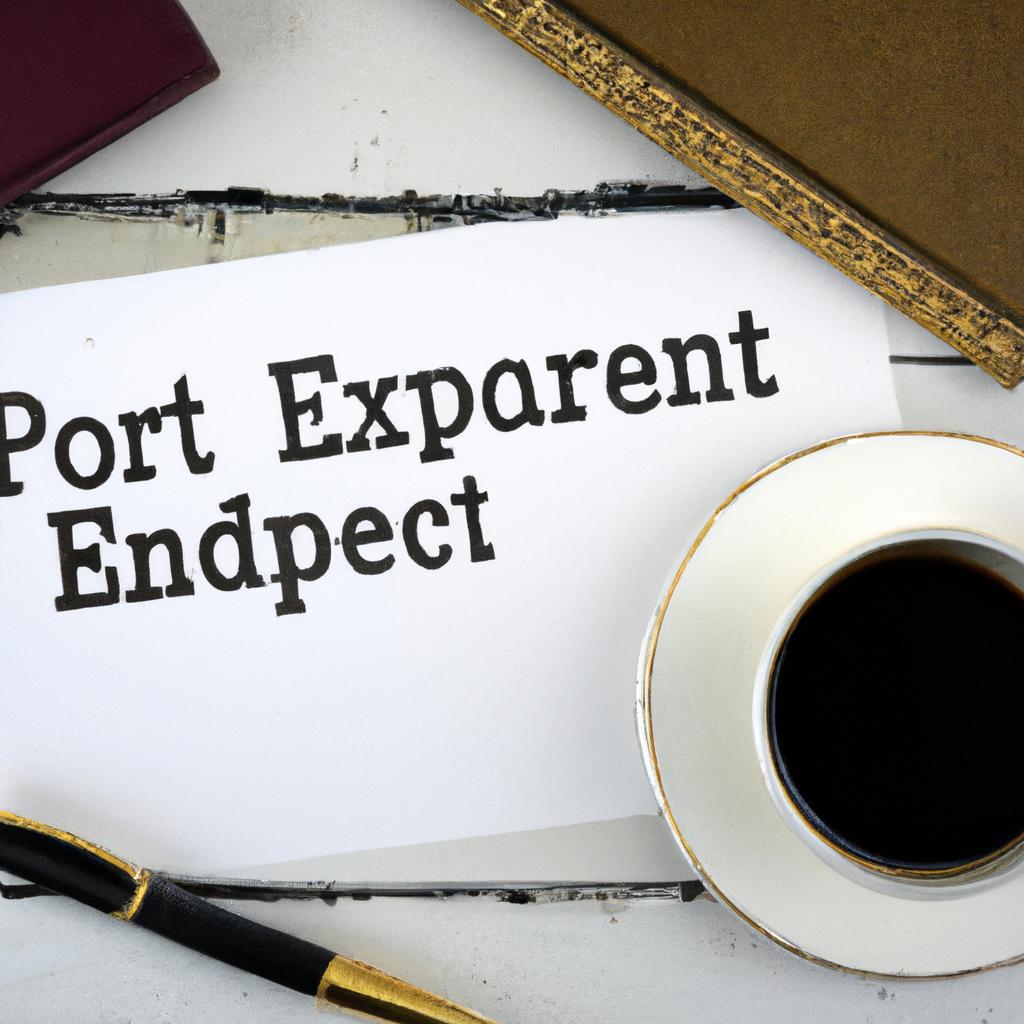In times of grief and loss, the financial burden of arranging a funeral can add an additional layer of stress and uncertainty for loved ones left behind. As experienced attorneys specializing in estate planning and probate, the Morgan Legal Group is well-versed in the legal implications that arise when there is a lack of funds for a dignified farewell. Join us as we delve into the repercussions of limited financial resources on the final arrangements for the deceased, and explore the various options available to ensure that your loved ones receive the respectful farewell they deserve.
– Legal implications of not being able to afford a funeral for a deceased loved one
If a deceased loved one has no funds for a funeral, there are legal implications that must be considered. Without the ability to pay for a proper burial or cremation, the responsibility falls on family members or the state to handle the disposition of the body. Here are some potential consequences:
- Public Health Concerns: Unburied bodies can pose health risks to the community, leading to potential legal consequences if proper steps are not taken.
- Civil Penalties: Failure to provide a proper burial may result in civil penalties, fines, or legal actions against family members.

– Practical consequences of lacking funds for a proper burial or cremation
When funds are lacking for a proper burial or cremation, there are several practical consequences that can arise. One of the most common outcomes is the inability to afford a burial plot or cremation services. This can lead to delays in final arrangements, potentially causing emotional distress for loved ones.
Additionally, without sufficient funds, the deceased may be buried in a pauper’s grave, where the location is often unmarked or shared with other individuals. This can make it difficult for family members to visit and pay their respects. Furthermore, without proper funds, there may be limited options for a funeral service or memorial, depriving loved ones of closure and the opportunity to properly grieve.
 facing financial hardship in arranging a funeral”>
facing financial hardship in arranging a funeral”>
– Available options and resources for families facing financial hardship in arranging a funeral
When a family is facing financial hardship and cannot afford a funeral, there are several options and resources available to help navigate this difficult situation. It is crucial to explore these avenues to ensure that the deceased receives a dignified final farewell.
Some available options and resources for families in this situation include:
- Government Assistance Programs: Families can look into government programs that offer financial assistance for funeral expenses.
- Community Support: Local organizations, churches, or non-profit groups may provide assistance or donations to help cover funeral costs.
- Cremation Services: Opting for cremation can be a more affordable alternative to traditional burials.
 estate planning attorney in preparation for unforeseen circumstances”>
estate planning attorney in preparation for unforeseen circumstances”>
– Importance of seeking advice from an estate planning attorney in preparation for unforeseen circumstances
When it comes to the unfortunate event of not having enough money for a funeral, the legal ramifications can be complex and overwhelming. Without proper planning and legal guidance, family members may face challenging decisions and financial burdens during an already difficult time. Seeking advice from an estate planning attorney is crucial in preparing for unforeseen circumstances such as this, as they can provide guidance on the legal options available and help ensure that the deceased’s wishes are carried out.
During times of distress, having a professional by your side to navigate the legal process can provide peace of mind and alleviate unnecessary stress. An estate planning attorney can assist with important tasks such as securing funding for the funeral, handling estate distribution, and ensuring that all legal requirements are met. By consulting with an attorney, you can rest assured that your loved ones will be taken care of and that your estate will be managed in accordance with your wishes. Don’t wait until it’s too late – seek advice from an estate planning attorney today to protect yourself and your family in the face of unforeseen circumstances.
Q&A
Q: What happens if a family cannot afford a funeral?
A: When a family is unable to afford a funeral, they may seek assistance from government programs, non-profit organizations, or crowdfund for the costs.
Q: Are there any lower-cost options available for those unable to afford a traditional funeral?
A: Yes, there are alternatives such as cremation, direct burial, or donation to medical schools for research purposes.
Q: Can a body be left unclaimed if there is no money for a funeral?
A: In some cases, if a body is left unclaimed, the state or local government may arrange for a low-cost or group burial.
Q: How can individuals prepare for the possibility of not being able to afford a funeral for themselves or a loved one?
A: It is recommended to plan ahead by setting aside funds in a savings account or purchasing a prepaid funeral plan to alleviate financial burden in the future.
Q: What resources are available for those in need of financial assistance for a funeral?
A: Families in need of financial assistance for a funeral can contact their local social services agency, funeral consumer alliance, or charitable organizations for help in covering the costs.
In Retrospect
In conclusion, the harsh reality of not having enough money for a proper funeral can lead to a variety of difficult and often heartbreaking outcomes for the deceased and their loved ones. From unclaimed bodies in morgues to the burden of financial stress on grieving families, the impact of financial hardship in times of loss is undeniable. It is a sobering reminder of the importance of planning for the unexpected and the need for support systems in place for those facing such challenging circumstances. May this article serve as a call to action to consider the implications of financial hardship in death and strive towards creating a more compassionate and inclusive society for all.
 The loss of a loved one is a deeply emotional and overwhelming experience. Amidst the grief and sorrow, there are also practical considerations to be made, including arranging for a funeral. But what happens if there is no money for a funeral? This is a reality that many families face, and it can add even more stress to an already difficult time. In this article, we will delve into the consequences and options for families who cannot afford a funeral.
The loss of a loved one is a deeply emotional and overwhelming experience. Amidst the grief and sorrow, there are also practical considerations to be made, including arranging for a funeral. But what happens if there is no money for a funeral? This is a reality that many families face, and it can add even more stress to an already difficult time. In this article, we will delve into the consequences and options for families who cannot afford a funeral.
Impact on the Deceased’s Body
When a person passes away, their body begins to undergo a process known as decomposition, which is the natural breakdown of organic matter. In normal circumstances, a funeral home takes care of the body by embalming it and preparing it for burial or cremation. However, in cases where there is no money for a funeral, the body may not receive proper treatment, leading to a quicker and more visible decomposition process.
Without embalming or refrigeration, the body can start to decompose within just a few hours. The skin will turn a grayish-green color and become bloated as gases build up. The eyes and mouth may also open due to the weakening of muscles. This can be distressing for loved ones who may want to remember their departed in a more peaceful state.
Furthermore, without preservation techniques, the smell of the decomposing body can become quite strong. This can make it difficult to have an open casket or hold a traditional wake or viewing. In addition, the smell can permeate the surrounding area, making it unpleasant for those living nearby.
Lack of Funeral Services
The lack of financial resources for a funeral also means that families may not be able to hold a traditional funeral service or memorial. These services are an important part of the grieving process, allowing loved ones to say goodbye and pay their respects. Not being able to go through these customary rituals can make it even harder to come to terms with the loss.
Moreover, without the means to afford a funeral, there may not be a formal burial or cremation. This means that the body may be left unclaimed at the morgue, or in some cases, donated to science or indigent burial programs. This can leave families with a feeling of guilt and unresolved emotions, knowing that their loved one did not receive a proper send-off.
Options for Families with No Money for a Funeral
Facing the reality of not being able to afford a funeral for a loved one can be disheartening. However, there are still options available for families who find themselves in this situation.
1. Seek Financial Assistance
The first step would be to reach out to family and friends for financial help. Funeral costs can be significant, and a small contribution from several people can add up to cover the expenses. The deceased’s employer or union may also have a death benefit or life insurance policy that can help with the funeral costs.
In addition, there are organizations and government agencies that offer financial assistance for funerals. These include charitable organizations, veterans’ organizations, and social services. Families can also look into crowdfunding platforms to raise funds for the funeral expenses.
2. Consider a Direct Burial or Cremation
A direct burial or cremation is a more affordable alternative to a traditional funeral. With a direct burial, the body is buried immediately after death, without a funeral service or viewing. With cremation, the body is cremated, and the remains are returned to the family. Families can then choose to hold a memorial service at a later time when they are able to afford it.
3. Talk to a Funeral Director
Funeral directors are professionals trained to handle all aspects of a funeral. They have experience in working with families who have financial limitations and can offer advice and suggestions on how to proceed. They may also have payment plans or discounted packages for families in need. Families can also discuss with the funeral director the option of a simple, more affordable funeral service.
4. Donate the Body to Science
In some cases, families may choose to donate the body of their loved one to science. This option allows medical students and researchers to use the body for educational and research purposes. When the studies are completed, the remains will be either cremated or buried without cost to the family.
In Conclusion
Losing a loved one is never easy, and not being able to afford a funeral can add additional stress and heartache. However, it is important for families to know that there are options available and that they are not alone. Seeking financial assistance, opting for a direct burial or cremation, talking to a funeral director, or donating the body to science are all viable choices for families in need.
In the end, the most important thing is to give a dignified final farewell to the departed. Whether it is a traditional funeral or a simple ceremony, what truly matters is the memories and the love shared, not the material aspects of a funeral. So, while not having money for a funeral can bring challenges, families can still find ways to honor their loved one’s life without breaking the bank.

